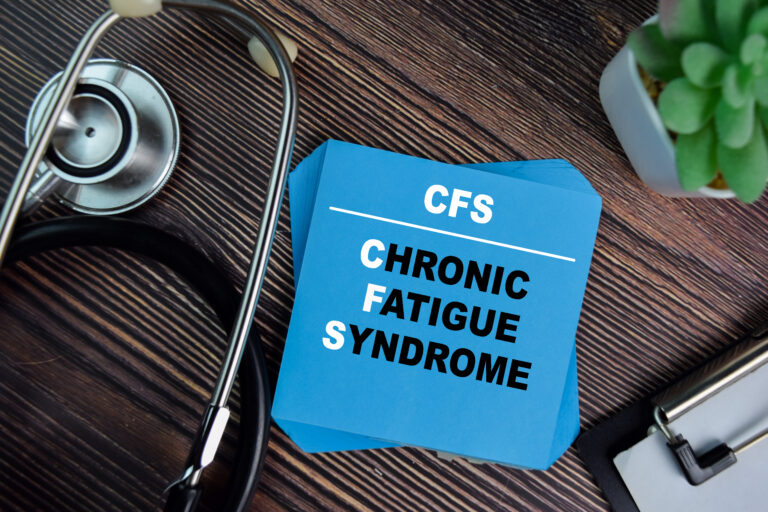Can a 100% Disabled Veteran Work?
Veterans with a 100% disability rating from the VA often wonder about their employment options. This rating is designed to reflect the severity of a veteran’s service-connected disabilities, but it doesn’t always mean they can’t work. In this blog, we’ll explore the nuances of working with a 100% disability rating, including the types of ratings, potential employment opportunities, and the impact on benefits.

Understanding the 100% Disability Rating
The VA assigns disability ratings to veterans based on the severity of their service-connected conditions. A 100% disability rating means the VA believes the veteran’s condition is totally disabling, impacting their ability to maintain substantial gainful employment. However, not all 100% ratings are the same, and this affects a veteran’s ability to work.
Types of 100% Disability Ratings
There are two main types of 100% disability ratings:
- Schedular 100% Rating: This is based on the VA’s schedule of ratings, where the veteran’s condition or combination of conditions adds up to 100%. Veterans with a schedular 100% rating are generally allowed to work without losing their benefits.
- Total Disability Individual Unemployability (TDIU): TDIU is granted to veterans who may not meet the 100% schedular rating but are unable to maintain gainful employment due to their service-connected disabilities. Veterans with TDIU are typically not allowed to engage in substantial gainful employment, as it could jeopardize their benefits.
Can a Veteran Work with a 100% Schedular Rating?
Yes, veterans with a 100% schedular rating can work. The VA does not impose any employment restrictions on veterans with this type of rating. These veterans can work full-time or part-time in any job that suits their abilities and interests without risking their 100% disability benefits.
Restrictions for Veterans with TDIU
Veterans receiving TDIU benefits face stricter limitations on employment. Since TDIU is based on the inability to work due to service-connected disabilities, working could lead the VA to reassess the veteran’s eligibility for this benefit. If the VA determines that a veteran is capable of engaging in substantial gainful employment, they may reduce or terminate TDIU benefits.
What Counts as Substantial Gainful Employment?
Substantial gainful employment refers to work that provides income above a certain threshold, typically tied to the federal poverty level. The VA uses this standard to determine whether a veteran is capable of maintaining employment that could disqualify them from receiving TDIU. Veterans should be cautious about their income levels if they are receiving TDIU benefits to avoid losing them.
Self-Employment and Marginal Employment
Some veterans may be self-employed or engaged in marginal employment (e.g., working in a family business or performing odd jobs). The VA may consider these types of employment on a case-by-case basis. If a veteran’s work is considered marginal or is performed in a protected work environment, they may be able to maintain their TDIU benefits while working.
Impact on VA Benefits
Working with a 100% schedular rating does not affect a veteran’s VA disability compensation. However, for veterans receiving TDIU, working in substantial gainful employment can result in a loss of benefits. Veterans should carefully consider their employment options and consult with a VA-accredited attorney or representative if they have questions about how work may impact their benefits.
Conclusion
A 100% disability rating doesn’t always mean a veteran can’t work. Veterans with a schedular 100% rating are generally free to pursue employment without risking their benefits, while those receiving TDIU must navigate more stringent restrictions. Understanding the type of disability rating and how it impacts employment opportunities is crucial for veterans looking to balance work with their benefits.
If you are a veteran or family of a veteran who needs help obtaining VA benefits, don’t hesitate to contact VA Benefits Attorneys Powered by Tabak Law for a free conversation about your case.







